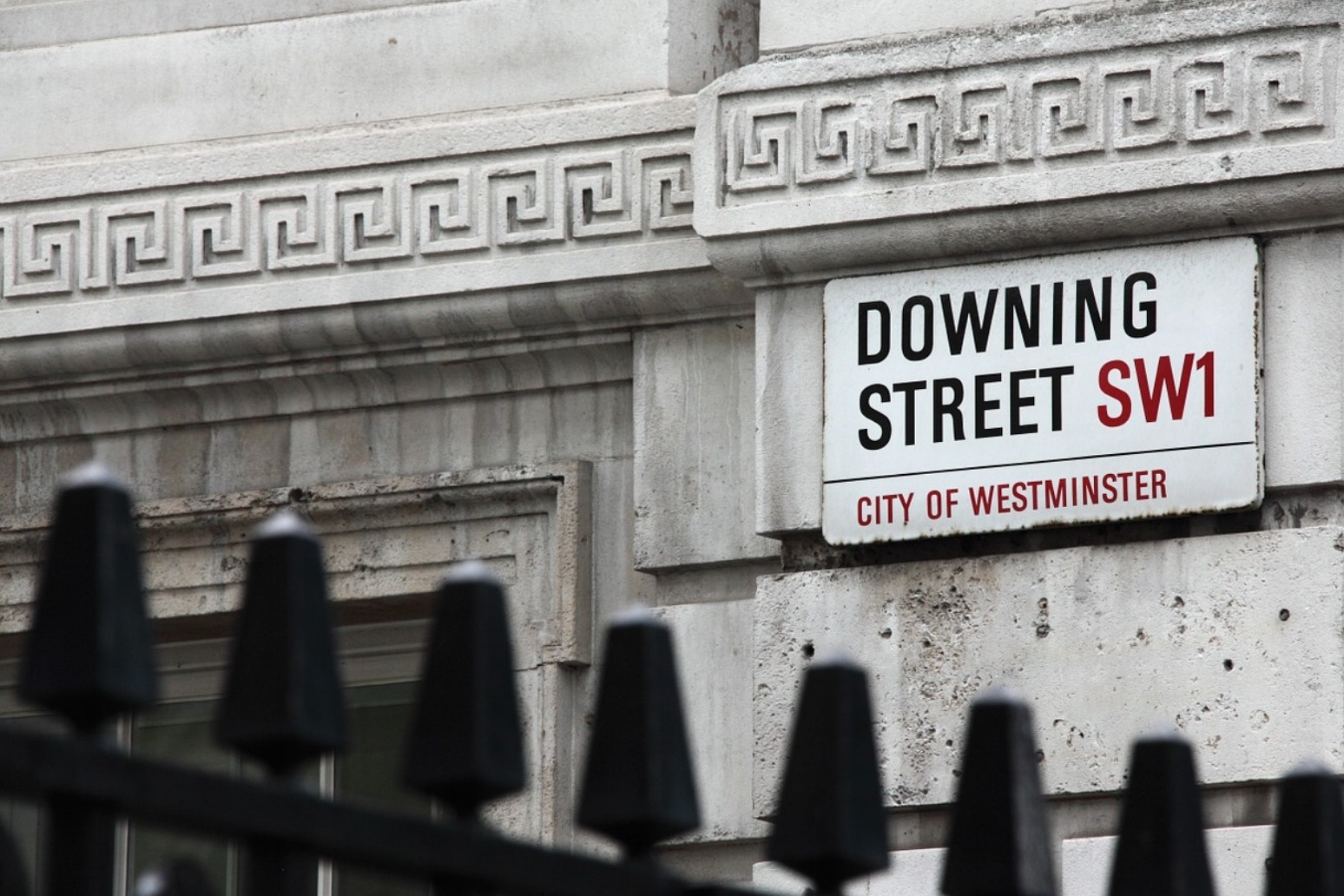
May seeks an end to Brexit stalemate
Theresa May won a confidence vote in parliament and then appealed to MPs from across the political divide to come together to try to break the Brexit impasse.
They voted 325 to 306 that they had confidence in May's government, just 24 hours after handing her European Union withdrawal deal a crushing defeat that left Britain's exit from the bloc in disarray.
With the clock ticking down to March 29, the date set in law for Brexit, the United Kingdom is now in the deepest political crisis in half a century as it grapples with how, or even whether, to exit the European project it joined in 1973.
After the results of the confidence vote were announced to cheers from her Conservative lawmakers, May said she believed parliament had a duty to find a solution that delivered on the 2016 Brexit referendum result.
But with lawmakers (MPs) deadlocked on the way forward, the United Kingdom could face a disorderly "no-deal" Brexit, a delay to Brexit, or even another referendum on membership.
"Now MPs have made clear what they don’t want, we must all work constructively together to set out what parliament does want," May said in a statement outside her Downing Street office.
"That’s why I am inviting MPs from all parties to come together to find a way forward. This is now the time to put self-interest aside."
After the confidence vote, May met several party leaders, but the main opposition leader, Labour's Jeremy Corbyn, refused to hold talks unless a no-deal Brexit was ruled out.
The votes on Tuesday and Wednesday brought into sharp relief the problem May faces; trying to win over pro-EU supporters in her own and other parties without alienating those who keep her in power - for instance, by giving up the "no-deal Brexit" that they see as a crucial bargaining chip.
Hardline Conservative Brexit-supporters, who last month made an unsuccessful attempt to oust her as leader, and the Northern Irish party that props up her minority government will not countenance a deal that keeps close ties with the EU.
"The confidence and supply arrangement (to support May) of course is built upon delivering Brexit on the basis of our shared priorities," said Nigel Dodds, deputy leader of the Democratic Unionist Party.
Published: by Radio NewsHub